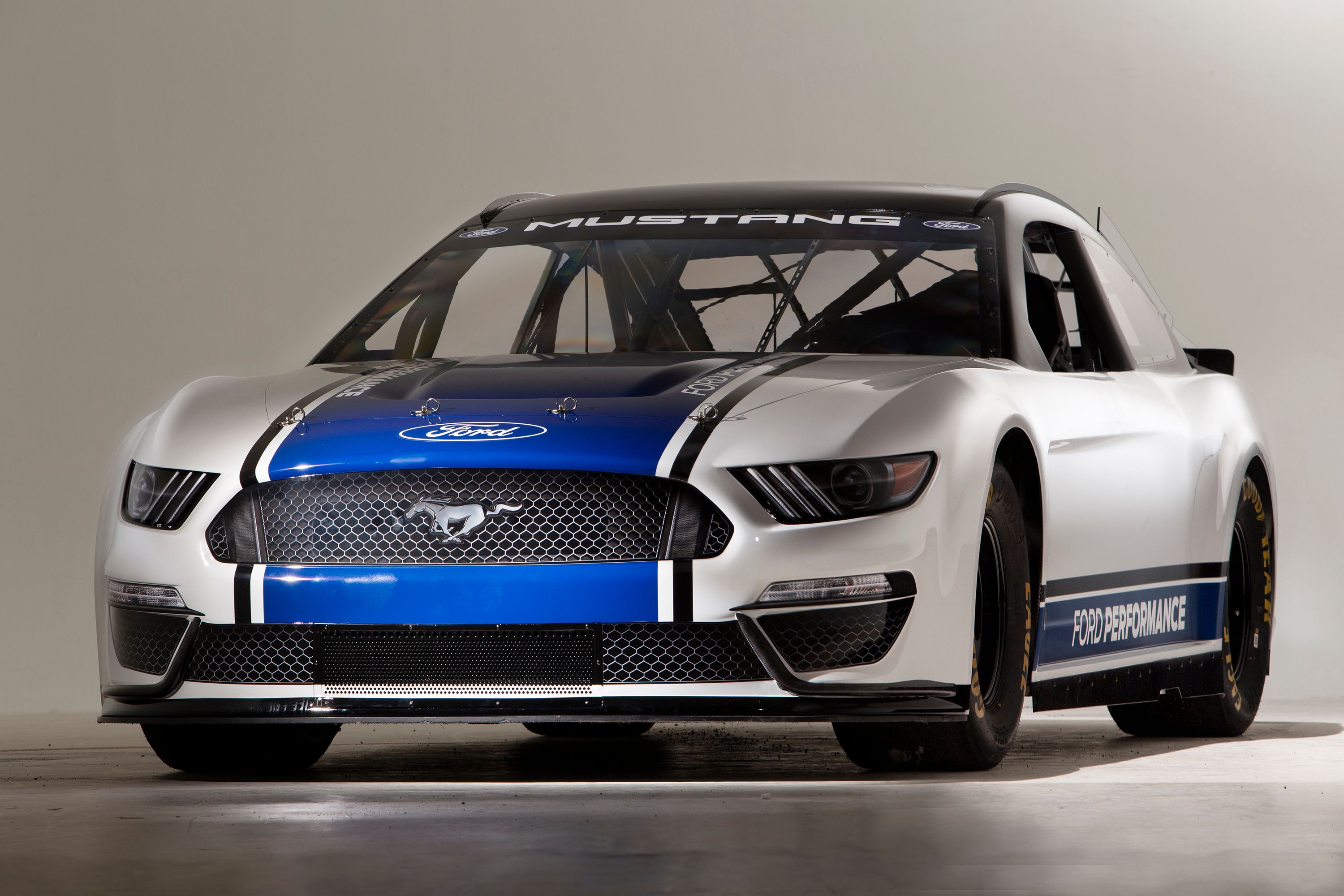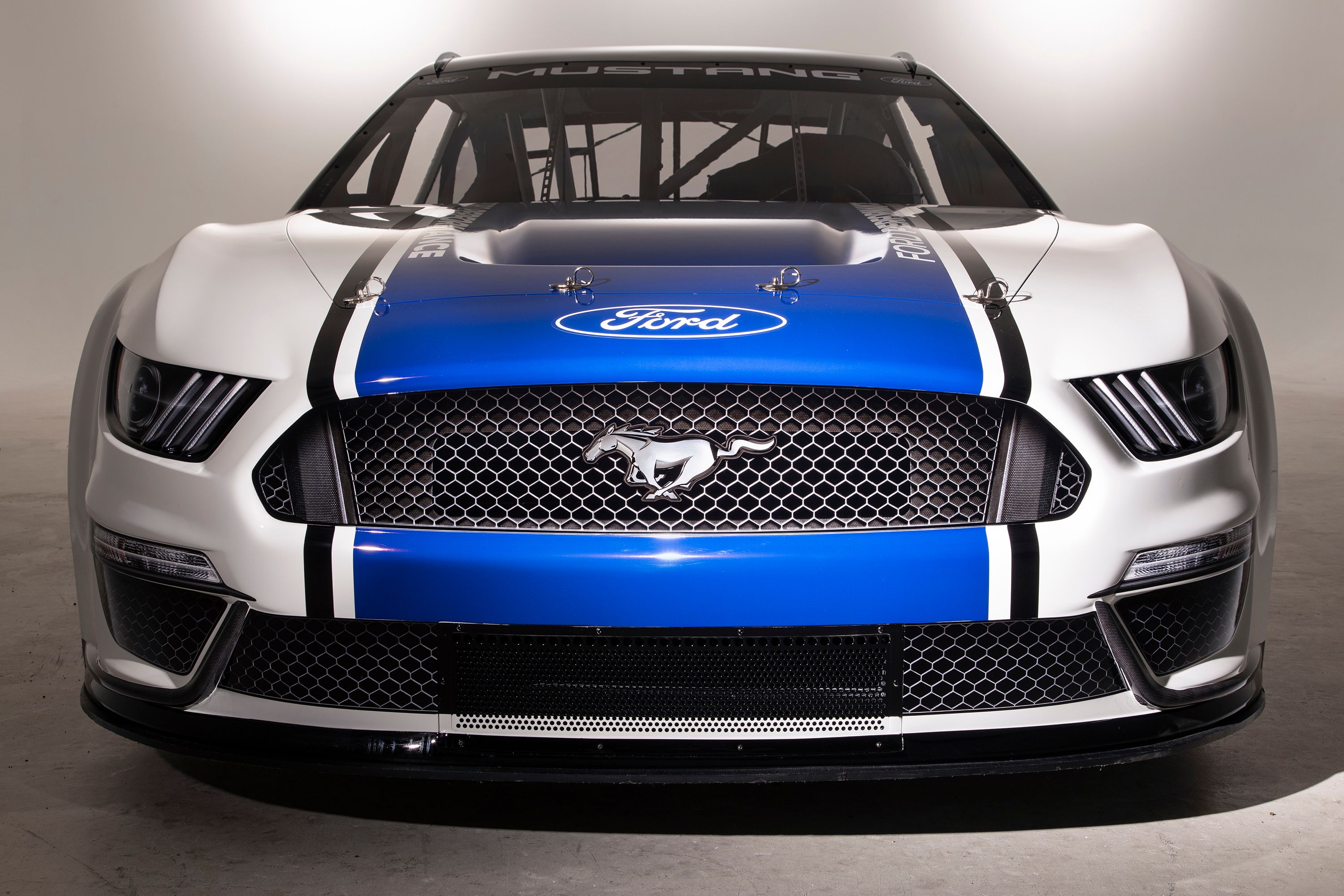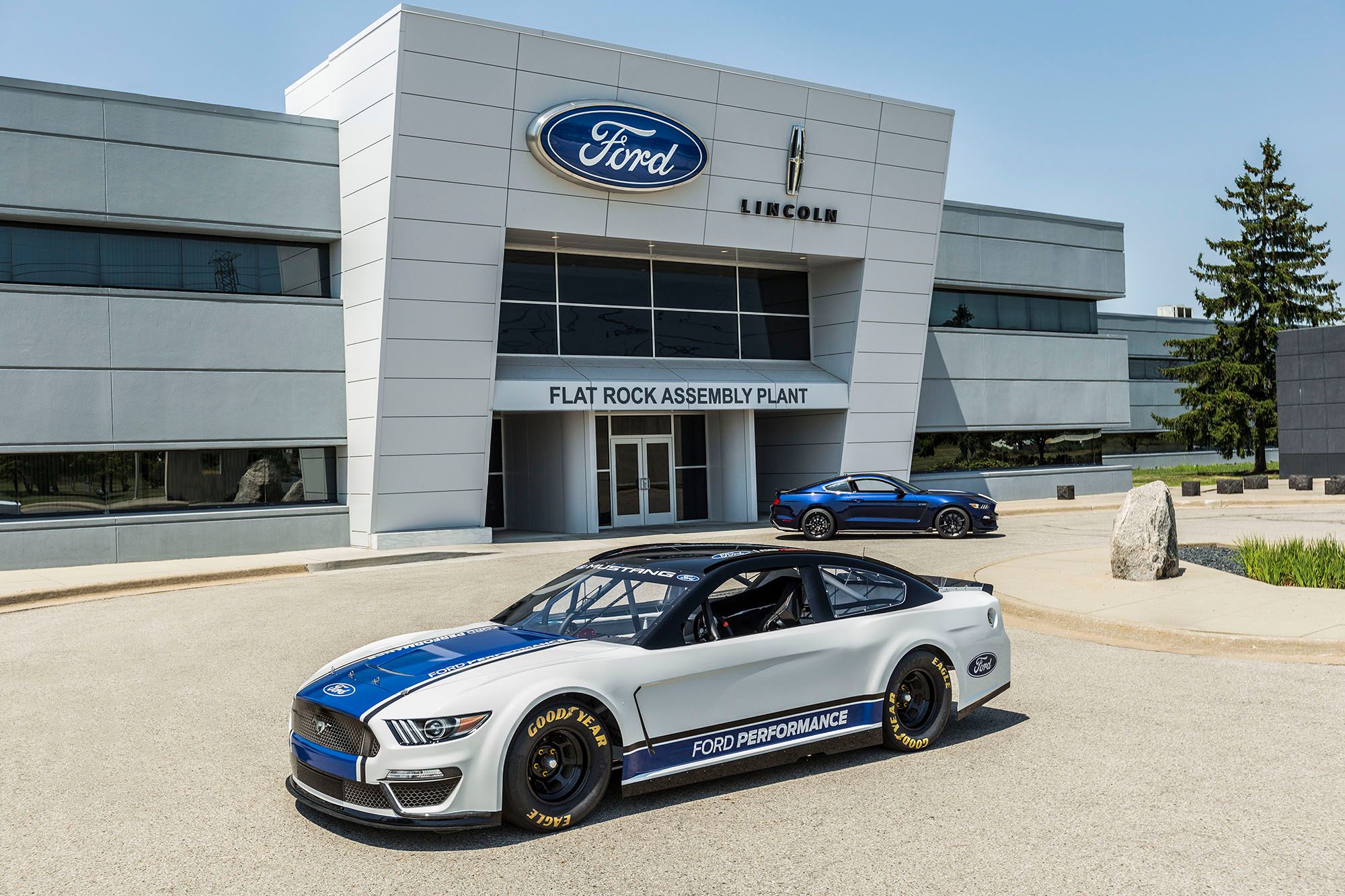The idea that NASCAR will one day turn to hybridization isn't new, but this switch might happen sooner rather than later if the words of Ford Performance Global Director Mark Rushbrook are to be believed. It's not earlier than this summer that Brad Keselowski, the 2012 NASCAR Sprint Cup Series champion, was playing the advocate's role for "F1-like" hybrid technology by using a KERS system to harvest energy as well as electric motors to back the gas-powered V8s. Many fans might be against electricity finding its way even in NASCAR, but there are reasons to look forward to such a change, no matter how radical it sounds.
A Hybrid Future for NASCAR Could Be Closer Than We Think
The stock cars you see now in NASCAR competition are Generation 6 machines that replaced the 'Car of Tomorrow' design in 2013. They make use of 5.9-liter, naturally aspirated V-8 engines and weigh up to 3,400 pounds with fuel and driver both onboard. In the future, though, the thundering V-8s could be helped by hybrid systems in the not so distant future.
Manufacturers are, Rushbrook suggests, looking at the feasibility of the concept but it's still early days although he underlines that "with the correct implementation and introducing in the right way, it would .” Keselowski also talked about the fans when suggesting that hybridization should be welcomed by the NASCAR community because it would make the racing more interesting.
The Penske Ford driver said in June that "manufacturers are trying to divest themselves from gas-only V-8s and other impractical engines, which aren't relevant to today's technology." However, Rushbrook told Motorsport Magazine that "the V8 is still very relevant. We have a lot of cars including the Mustang itself that has a naturally-aspirated V8 and a lot of trucks.”
Keselowski also mentioned in his blog post in June that introducing hybrid technology would translate into a new way of engaging the manufacturers that currently develop none of the parts that are "mission-critical" for them and would make "NASCAR more relevant to the car world than it's ever been."
What is more, the Ford driver, who'll drive the new Mustang-derived car next season that replaces the Fusion, believes that the cars could run silently during caution periods using only electric power, in turn helping fans' ears to rest as the "wall of noise" goes quiet for a few odd minutes. This would also mean that fuel strategies will need to be rethought since the cars wouldn't use any gas while motoring around on electricity alone. It all sounds nice but you've got to remember that the only series that achieved meaningful results with electric cars is Formula E and the differences between FE and NASCAR are huge in every area so, realistically, there must be at least 5 to 10 years between the present day and the introduction of a hybrid NASCAR car. But fans could start preparing for that day already because it's undoubtedly coming although, first, the 2019 Sprint Cup season kicks off on February 17th with the Daytona 500.
Further reading
Read our full review on the 2016 Ford Fusion NASCAR.
Read our full review on the 2018 Toyota Camry NASCAR Cup Car.



